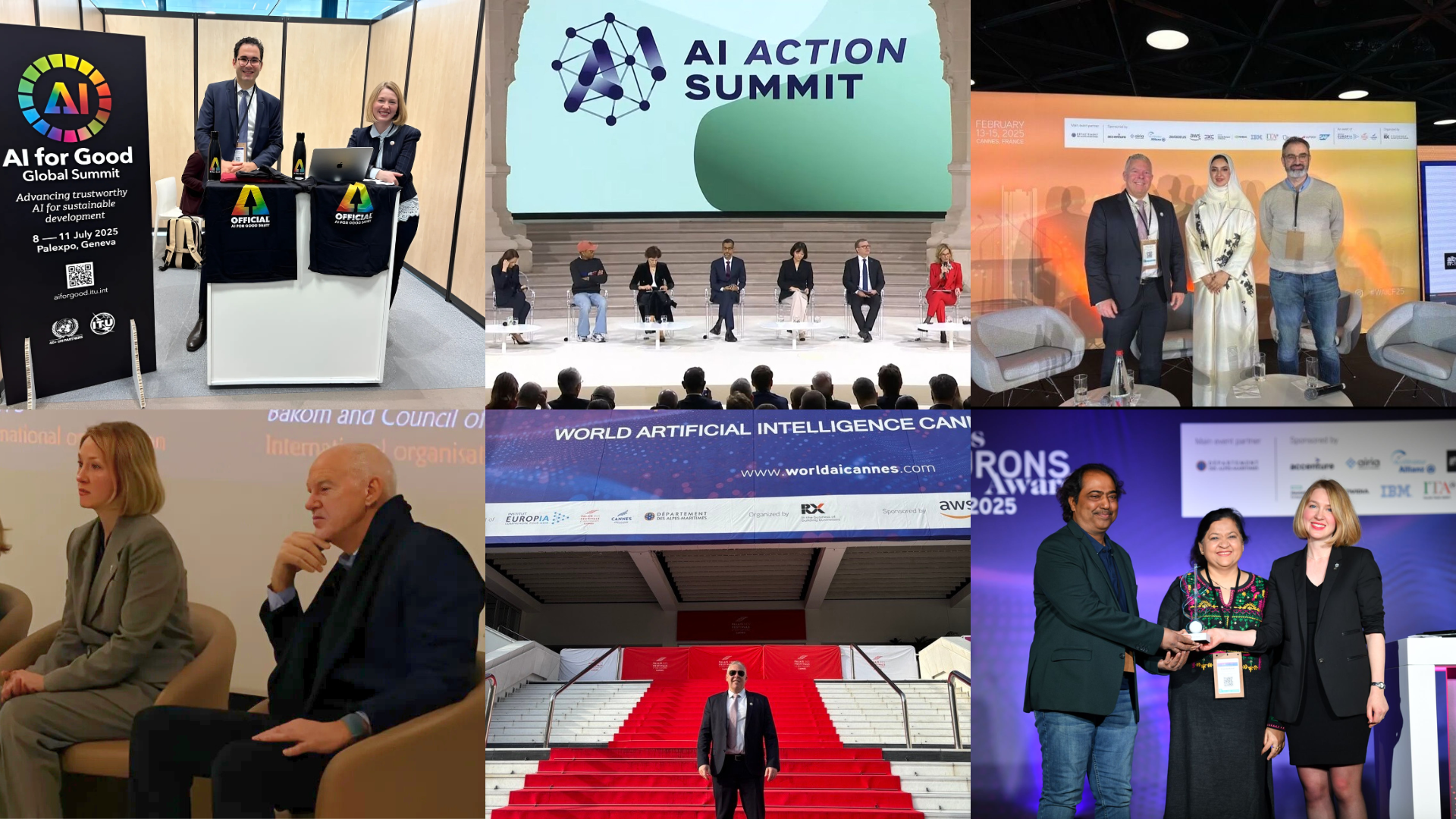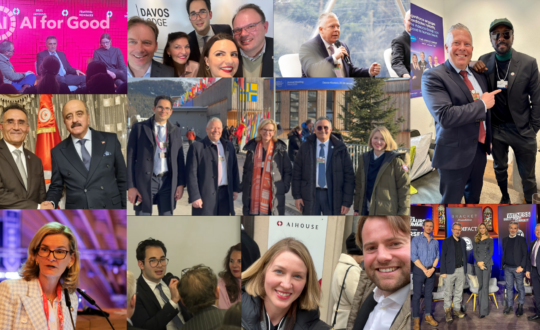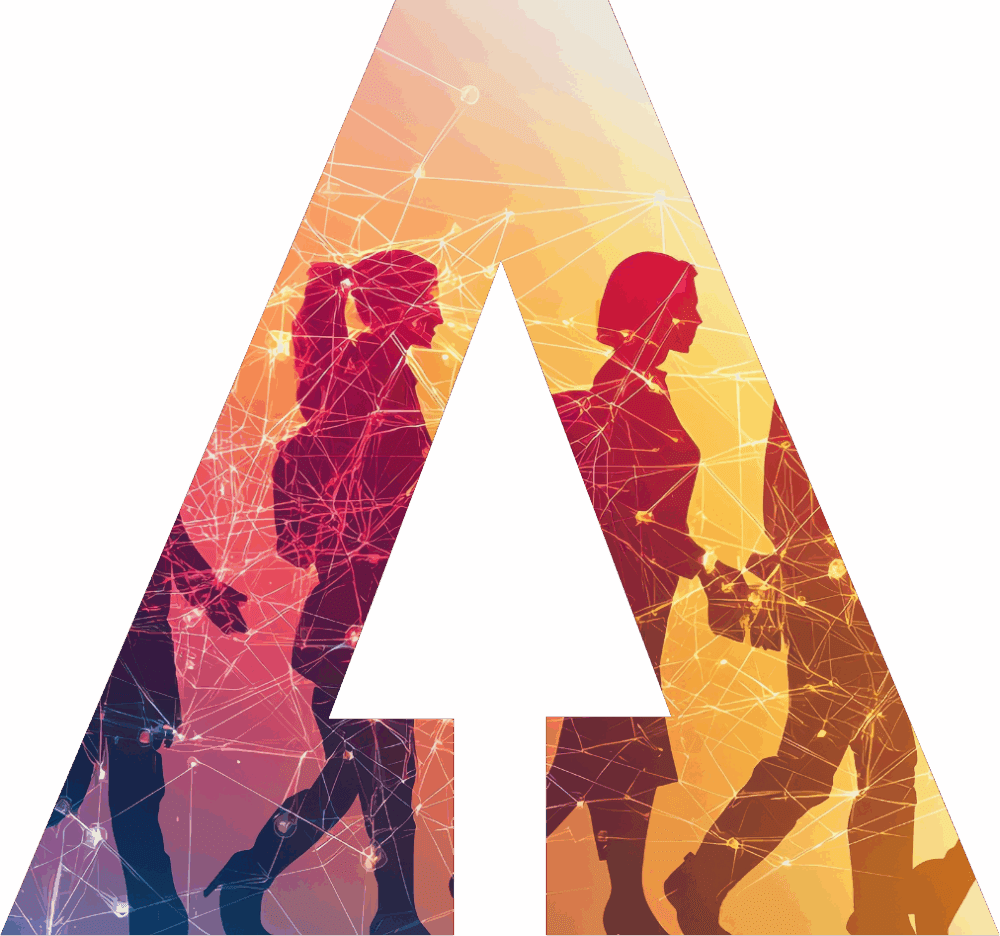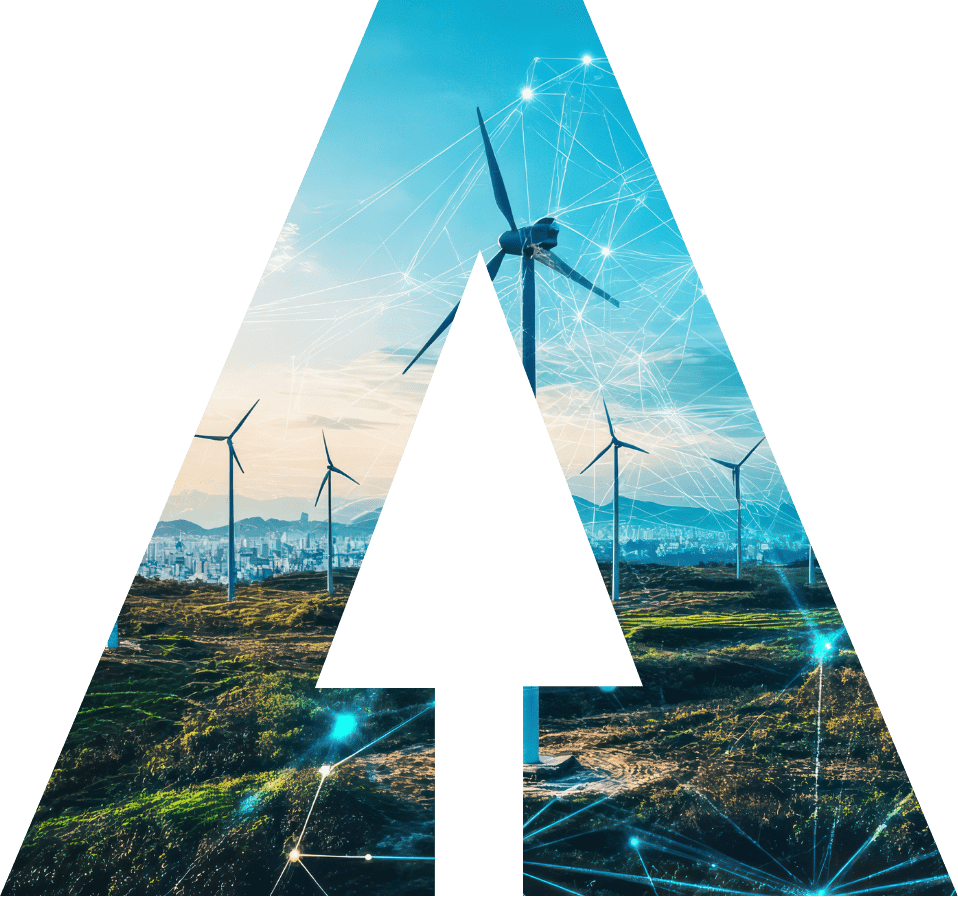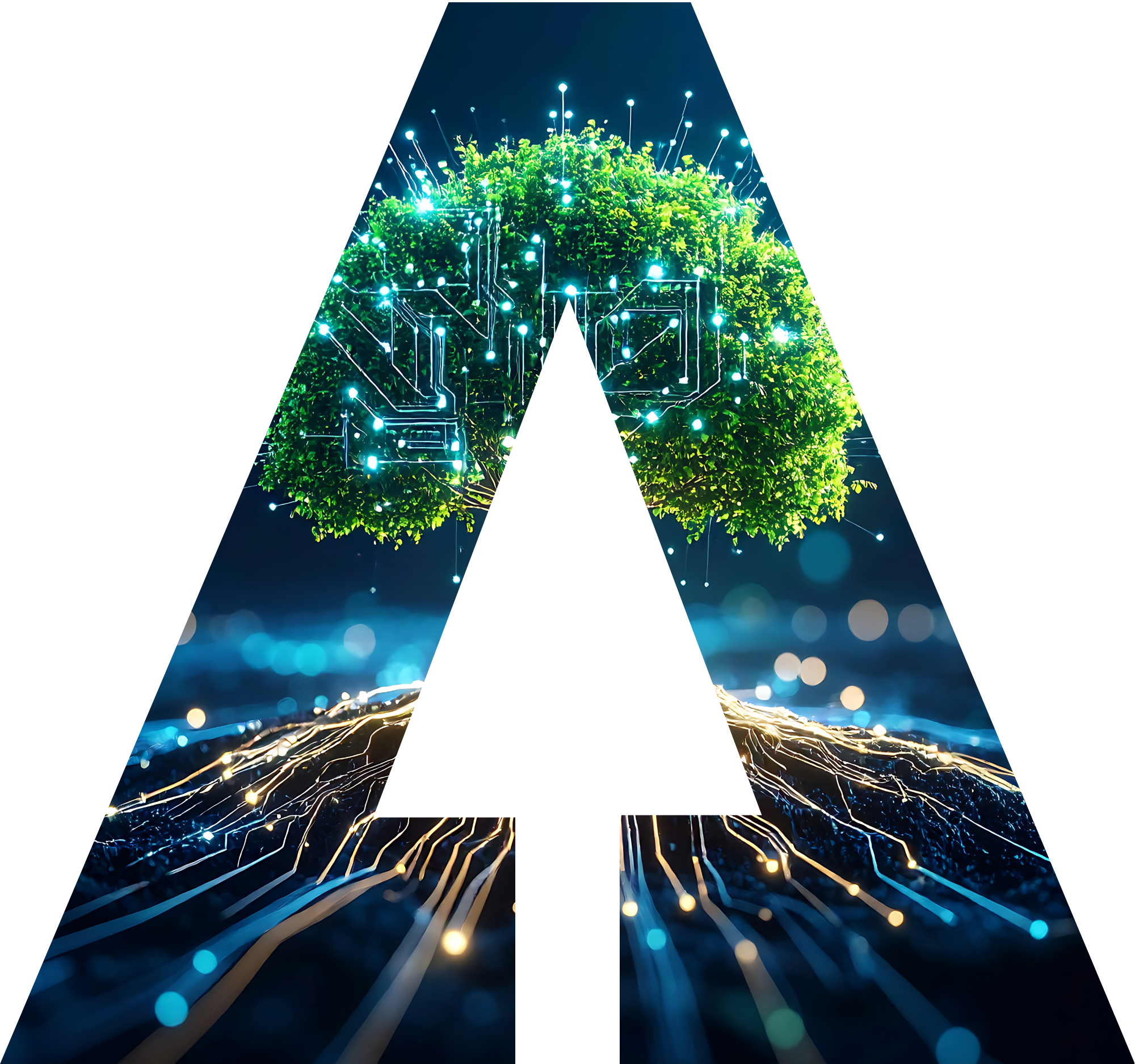The AI Action Week in France brought together global leaders, policymakers, and experts to shape the future of artificial intelligence (AI) sustainability, inclusivity, and trust. From high-level discussions on AI governance to new initiatives addressing pressing challenges, this week highlighted the urgent need for international cooperation and responsible AI development.
The International Telecommunication Union (ITU) participated in key discussions throughout the week, contributing to global efforts to shape AI’s future. Here are five key takeaways from the week’s most impactful moments.
1. AI Action Summit in Paris
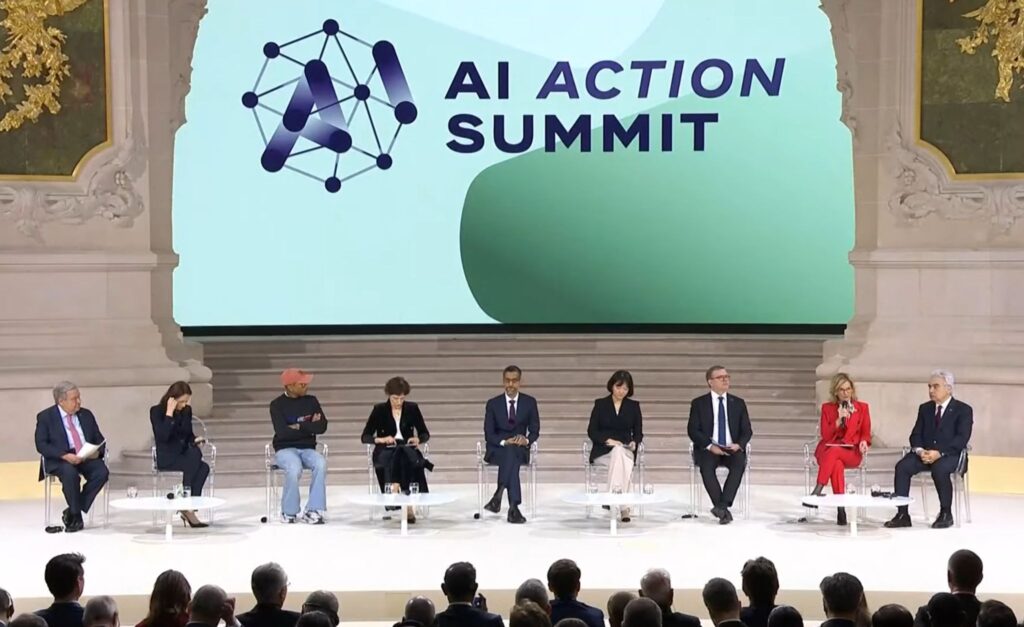
At the AI Action Summit, ITU Secretary-General Doreen Bogdan-Martin moderated the closing discussions, emphasizing the need for a future-ready approach to AI governance. The summit served as a platform for global leaders to align on key priorities, concluding in the signing of the Declaration on Inclusive and Sustainable Artificial Intelligence for People and the Planet. This landmark agreement, endorsed by governments, international organizations, and industry leaders, reinforces a collective commitment to ensuring AI development benefits all of humanity. It sets a foundation for AI policies that prioritize inclusion, sustainability, and global cooperation.
Acknowledging the need for ongoing dialogue and concrete action, the declaration recognizes the AI for Good Global Summit 2025 as one of the key milestones to push these discussions forward. By convening stakeholders from across sectors, AI for Good fosters collaboration to shape AI policies and solutions that serve all of humanity.
2. Coalition for Sustainable Artificial Intelligence
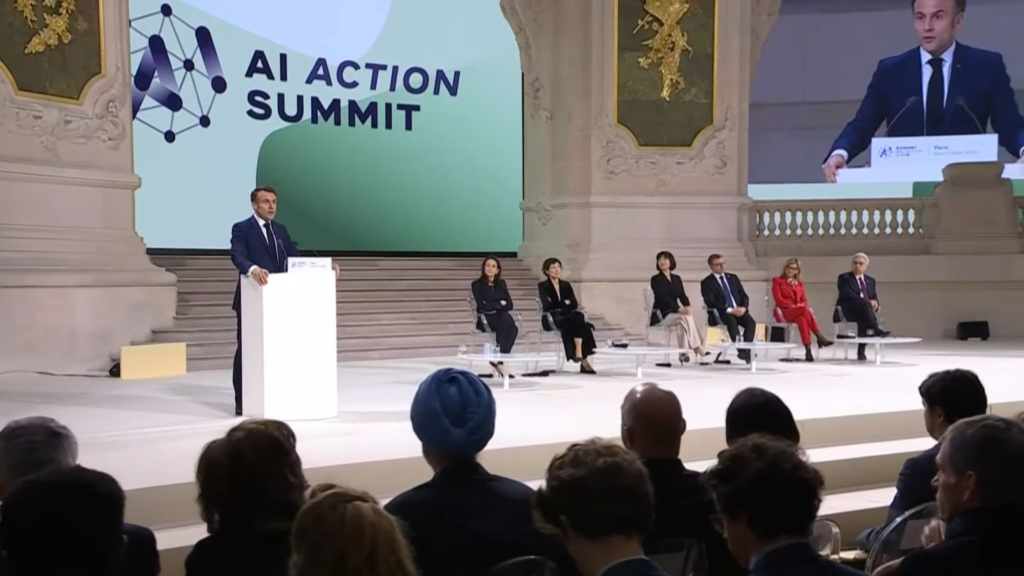
Building on this shared vision, Doreen Bogdan-Martin announced the launch of the Coalition for Sustainable Artificial Intelligence, an initiative spearheaded by France, the United Nations Environment Programme, and ITU. The coalition, bringing together over 90 partners from government, industry, and academia, aims to integrate sustainability into AI policies, standards, and deployment practices.
Through this coalition and its broader initiatives, ITU continues to lead efforts to develop best practices, foster international cooperation, and promote AI applications that contribute to a more equitable and sustainable future. In line with these efforts, ITU’s recent report on the environmental impact of AI explores how AI can be optimized to minimize resource consumption and carbon emissions while maximizing role in climate action.
Recognizing the need for concrete action, ITU will also host the International AI Standards Exchange during the AI for Good Global Summit in Geneva, providing a platform for policymakers, researchers, and industry leaders to collaborate on AI standardization, ensuring global alignment on transparency, accountability, and sustainability.
3. Global Coalition for Inclusive AI
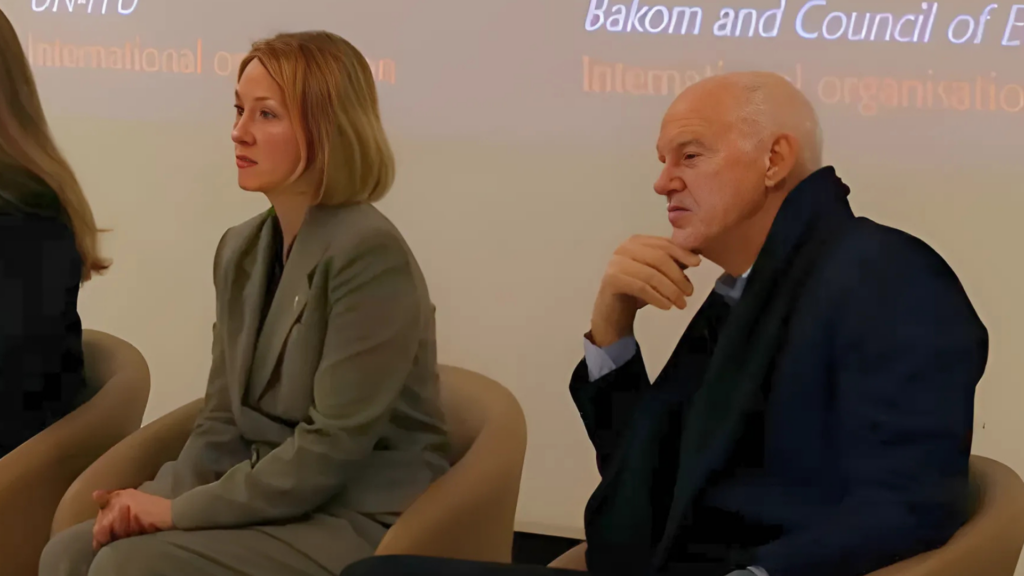
Ensuring that AI governance reflects diverse perspectives is a growing priority for the international community. The Global Coalition for Inclusive AI, officially launched during the AI Action Summit, builds on three years of collaboration between Missions Publiques and the Stanford Deliberative Democracy Lab. This initiative is designed to permanently integrate the voices of citizens from around the world into AI policy discussions at national, regional, and UN levels.
The coalition will establish decentralized citizens’ assemblies, engaging over 10,000 participants from more than 100 countries in AI governance discussions during the 2025–2026 cycle. By bringing together experts from the United Nations, academia, civil society, and industry, the coalition ensures that public participation plays a crucial role in shaping AI’s future.
Aligned with global governance efforts such as the UN Global Digital Compact and AI for Good, its insights will feed into over 100 decision-making events worldwide. As a partner, the ITU supports this initiative and will feature its results at the AI for Good Global Summit 2025, further amplifying its impact on global AI governance. By placing citizens at the center of AI discussions, this initiative reinforces the need for AI policies that are transparent, inclusive, and responsive to societal needs.
4. AI for Good at the World AI Cannes Festival
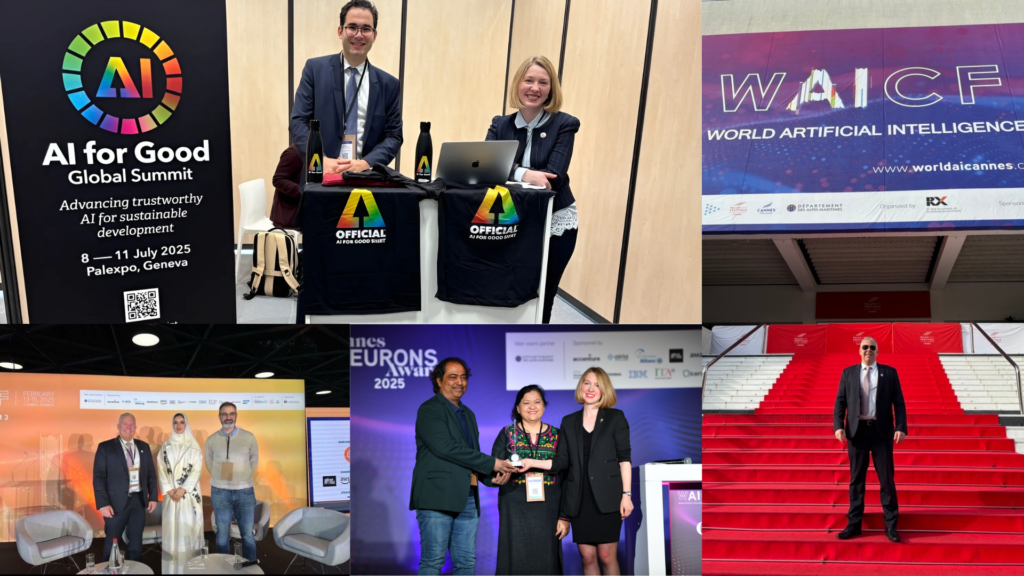
As the AI Action Week in concluded, AI for Good marked its fourth consecutive year as a sponsor and participant at the World AI Cannes Festival (WAICF). Representing AI for Good, Fred Werner Chief of Strategy and Operations, Kseniia Fontaine, Senior Business Development & Operations Manager, and Guillem Martínez Roura, AI and Robotics Programme Officer, engaged with global experts and showcased AI’s potential to drive sustainable development.
During the festival, Fred Werner joined a panel discussion on “Green AI: Reducing Data and Model Footprints to Achieve Sustainability.” Alongside Arnaud Blandin, CEO of The Beyond Institute, and Dr. Ebtesam Almazrouei, CEO of AIE3 and Chairperson of the AI for Good Impact Initiative, he explored strategies for optimizing AI systems to minimize energy consumption while maximizing environmental benefits.
Another key moment at WAICF was the Cannes Neurons Awards, where Kseniia Fontaine presented the AI for Good Award to LivNSense GreenOps. Their AI-powered GreenOps Platform enhances energy efficiency in heavy industries, reducing consumption and promoting alternative fuel adoption. This recognition reinforces AI for Good’s mission to identify impactful AI applications, advance AI governance, and build global capacity for sustainable development.
Join the conversation at the AI for Good Global Summit
The AI Action Week demonstrated the power of global collaboration in shaping AI’s future, with discussions and initiatives that set the stage for inclusive, sustainable, and trustworthy AI governance. However, the conversation is far from over.
The AI for Good Global Summit, held at Palexpo, Geneva from 8-11 July 2025, will continue these critical discussions. Bringing together policymakers, industry leaders, researchers, and innovators, the summit is the world’s leading platform for driving AI solutions that benefit humanity.


 Register here
Register here
